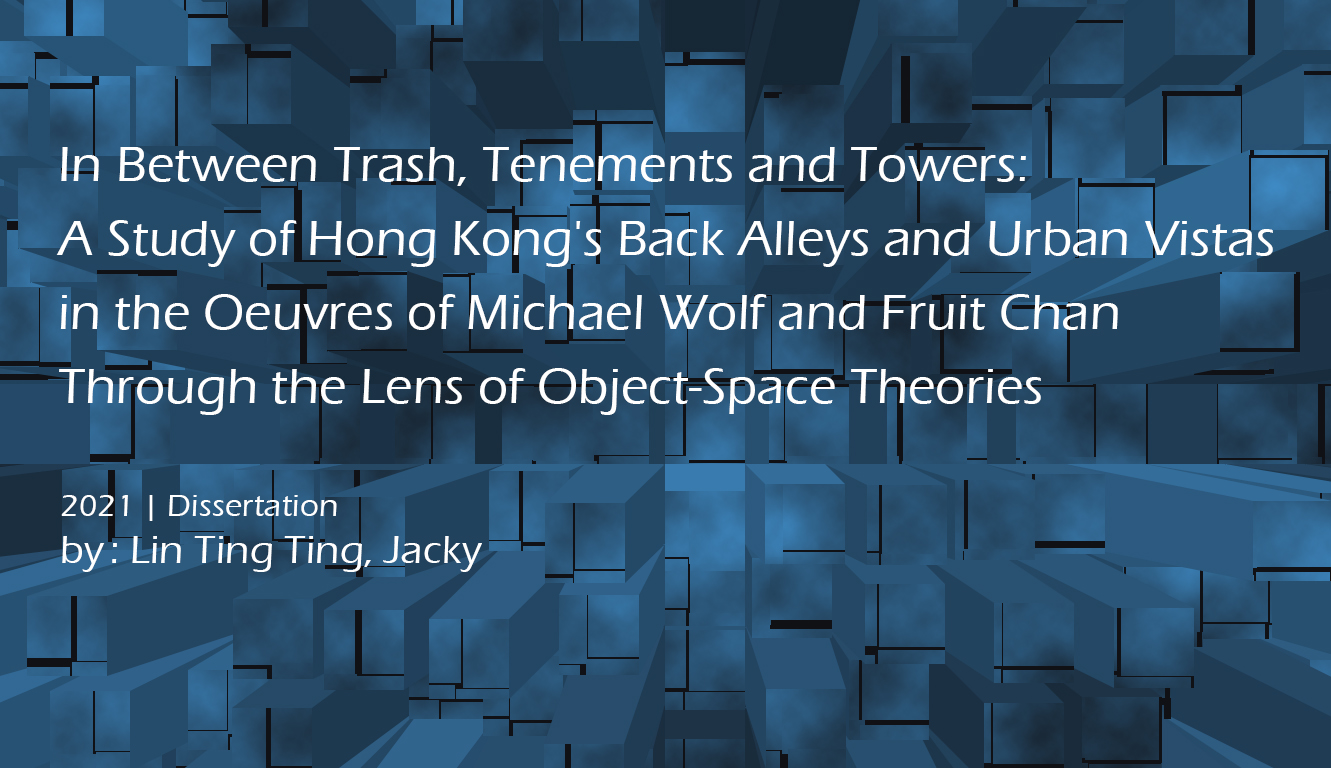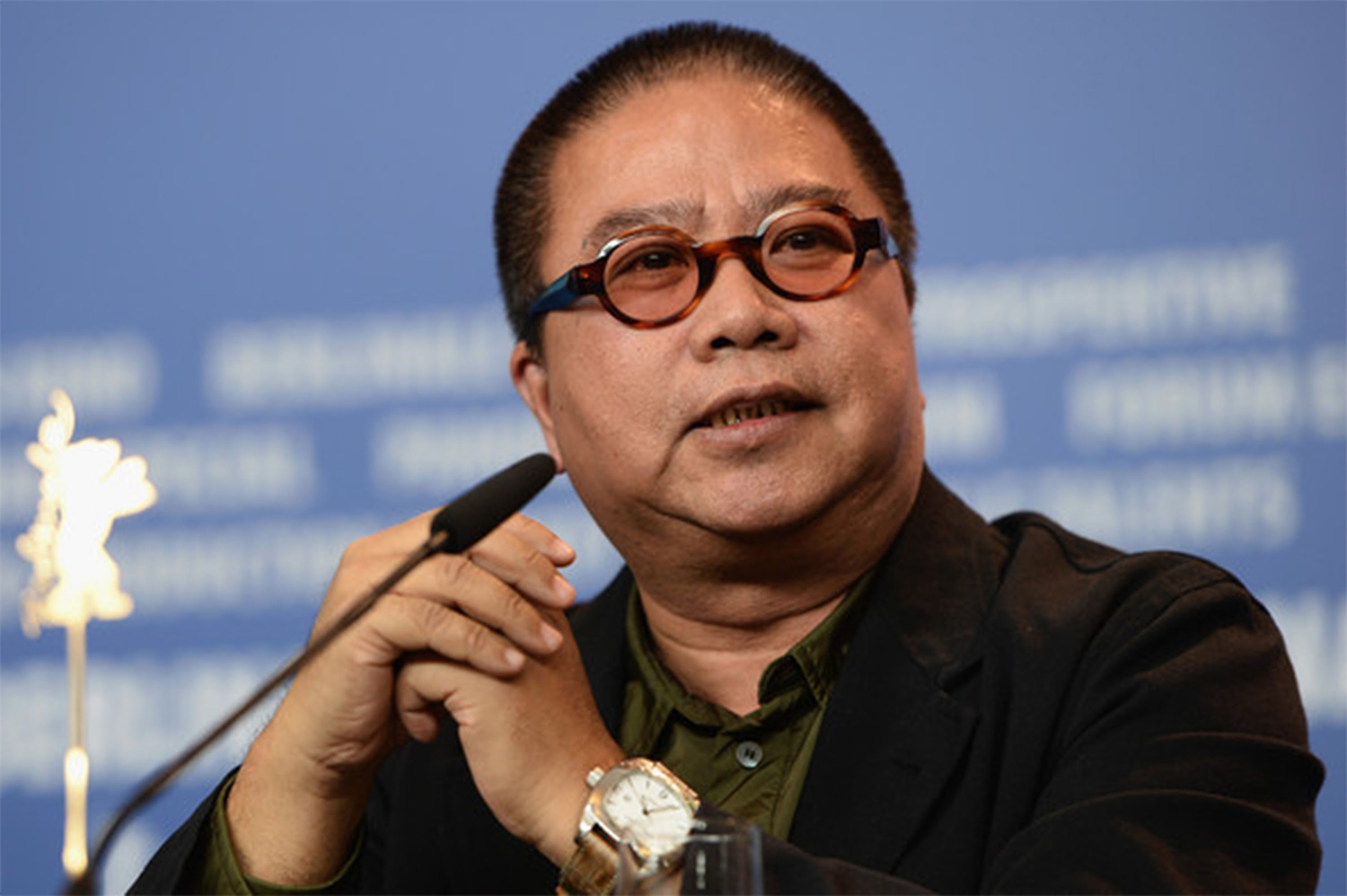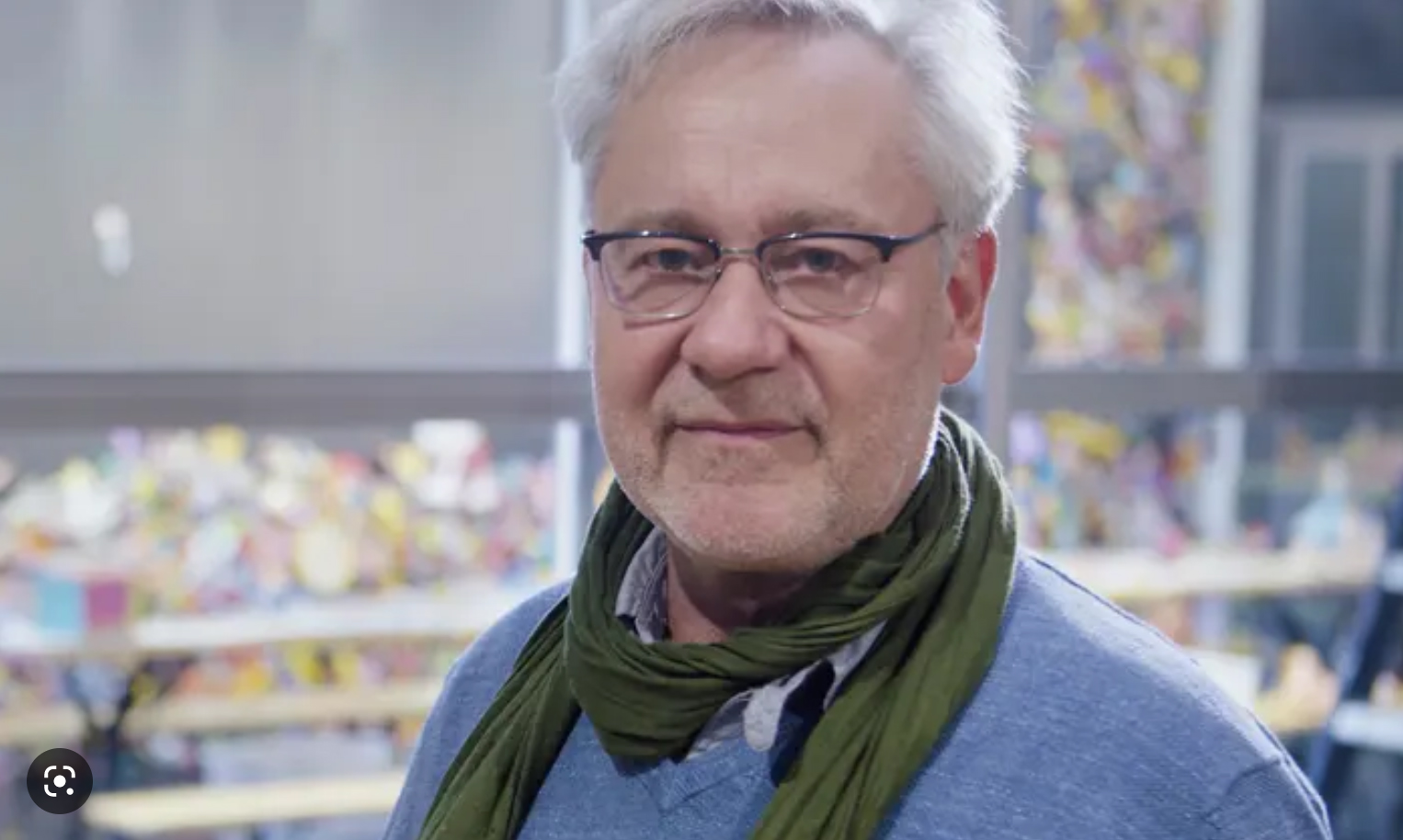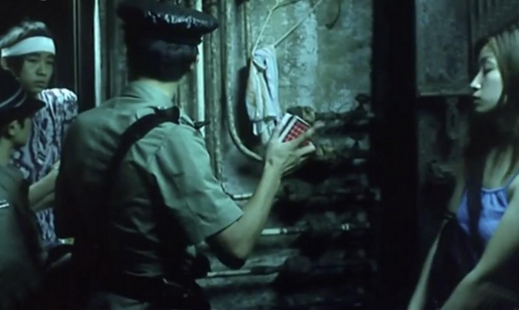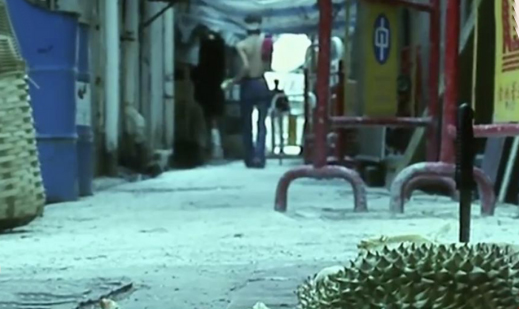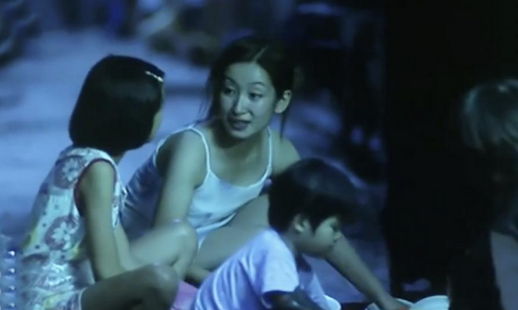Introduction
This dissertation scrutinises the works on filmmaker Fruit Chan and photographer Michael Wolf that foreground the back streets and alleys in Hong Kong.
Employing neo-Marxist, spatial and vital materialist theories, this study seeks to identify how they use the symbolic backdrop of alleyways to reveal and complicate the economic discourse underpinning the postcolonial construction of Hong Kong’s cultural and political reality.
To articulate such postcoloniality, Chan and Wolf allegorise the all-encompassing capitalist colonisation of everyday life in Hong Kong amidst the city's postcolonial search of its identity and consciousness. Despite their different art forms, they both home in on the subalterns and matters inhabiting the fringes and chasms of the glitzy cityscape -- the alleyways of Hong Kong.
Experience at MALCS
MALCS has offered me the opportunity to amp up the research toolkits to critically historicize, theorize and philosophize the symbolic nuances and complexities behind the ever-evolving forms of cultural phenomena and industries.
Apart from the thoughtfully structured curriculum, I am very thankful to have been under the tutelage of professors who not only made important contributions to their fields, but are also willing to go above and beyond in helping us with our learning and research work every step of the way.
If you are intellectually curious in the field of literary, film and cultural studies, and would like to tap into a community of like-minded individuals, I encourage you to check out this master’s programme – you might discover much more of what it has to offer.

